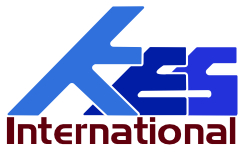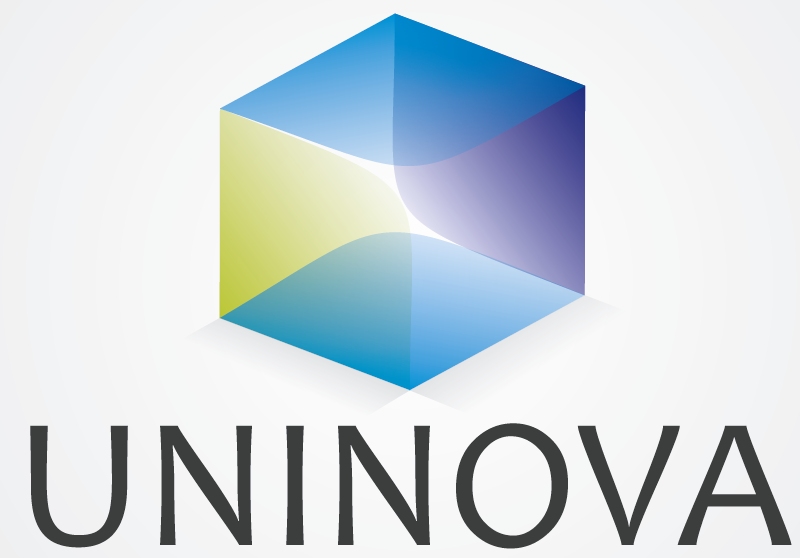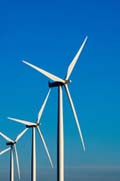General Track
Full track papers, short track papers and doctoral abstracts/A1 posters within the scope of the conference may be submitted to one of the following General Track sessions. These papers will be reviewed by knowledgeable referees, and if accepted, allocated to oral or poster sessions for presentation at the conference. There will be prizes for the best full paper, the best short paper, the best doctoral poster, and the best invited conference track.
Authors may also submit to an Invited Session if invited to do so by the session chair, or their paper fits the scope of the session better than the General Track.
The General Track Sessions are as follows:-
Sustainable Buildings: :
The application of science and technology in assessing, monitoring and optimising the environmental performance of existing buildings and new sustainable buildings for comfort and health; their systems and users through either quantitative or qualitative techniques - during the design, construction, commissioning, handover, operation or retrofit and refurbishment process. Desktop case studies; physical testing of internal comfort and health conditions versus energy use and climate conditions; building user comfort and health; occupant and design team interviews. Building performance measurements (thermography; air tightness testing; whole building smoke tests etc); education and training; development of assessment, monitoring and optimisation methods; comparison of methodologies and regulations in one country or between countries; modelling, optimisation and validation of building, neighbourhood and cities - design with performance in use. Post occupancy evaluation, including renewable energy performance, building systems and user interaction in buildings, neighbourhoods and cities; the use and evaluation of user guides; the evaluation of design team and occupant walk-throughs.
Chair: John Littlewood, Cardiff Metropolitan University, Wales, UK
Energy Systems and Cities:
Energy systems modelling; management, control and optimization of smart buildings, cities and grids; simulation and demonstration case studies; demonstration projects. Specific energy system analysis at city level. GIS and visualisation of energy demand in cities. Urban energy systems. Energy demand, demand side response, smart meters, automation and control challenges in combination with the grid restrictions for operability . District heating systems, heat pumps for heating and cooling. Stock segmentation, future scenarios, energy challenges in the urbanisation process; governance challenges of the energy/climate nexus, city scale studies of renewable energy potential using high resolution data sets.
Chair: Catalina Spataru, University College London, UK
Renewable Energy Technologies, Applications and Integration:
Solar photovoltaic energy, solar thermal energy systems, concentrating solar power, small- and large-scale installations; wind power; wave, ocean and hydro power; biomass and bio energy; geothermal energy technologies; ground-source and air-source heat pumps; materials for renewable energy technologies; hydrogen production and storage, fuel cells; electrical engineering for renewable energy, power conversion systems, stand alone and grid-connected converters; designs for renewable energy; integration of renewable energy sources with buildings and the built environment; financial incentives, policies, regulations and solutions for the transition to renewable energy; combined heat and power; renewable energy based district heating and cooling.
Chair: Mahieddine Emziane, MASDAR Institute of Science and Technology, Abu Dhabi, UAE
Energy and Resource Efficiency in Industry:
Energy and other Resources Efficiency in Industry: Methods, algorithms and systems to support collaborative optimisation of energy and other resources in industry. Collection and integration of data related to resources consumption in a value chain, including final users. Modelling, simulation and forecasting of energy and other resources consumption over the value chain. Intelligent demand side management strategies for clusters of industrial companies. Energy certification in industry. New technologies and processes to maximise resource efficiency in industry. Collaborative optimisation of processes and operations to reduce resource consumption in supply chains. Proactive maintenance strategies to maximise resource efficiency. Identification and support of new business models fostered by a more efficient resource management.
Chair: Ana Rita Campos, UNINOVA, Portugal




